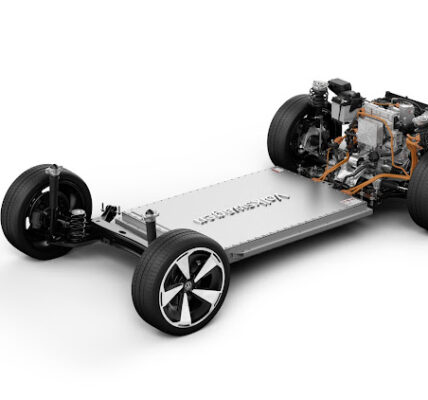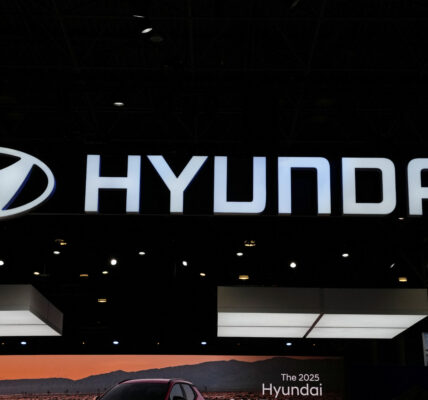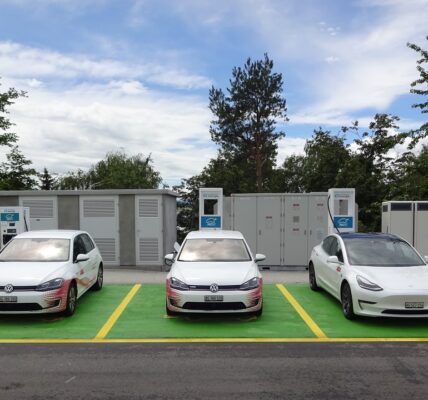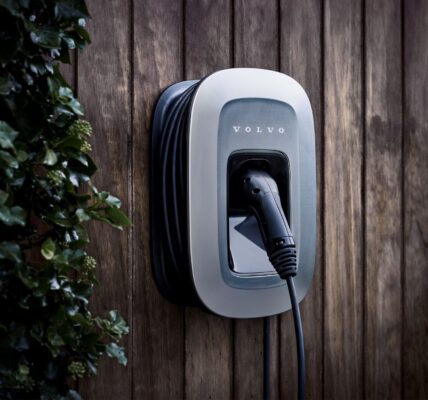Rio Tinto and InoBat, a European battery technology and manufacturing company, signed a Memorandum of Understanding to work together to accelerate the establishment of a “cradle-to-cradle” battery manufacturing and recycling value chain in Serbia. The partnership will cover the full commodity life-cycle from mining through to recycling of lithium.
Rio Tinto’s Jadar project in Serbia, one of the largest greenfield lithium projects in development, has the potential to produce approximately 55 thousand tonnes of battery grade lithium carbonate in Europe, one of the world’s largest growing electric vehicles markets.
InoBat, a battery manufacturer with a battery research and development facility and pilot plant being developed in Slovakia intends to scale up its future production through gigafactories to be built in the EMEA region. InoBat’s goal is to serve the Europen market with innovative energy solutions, including production and recycling of electric vehicle batteries.
“This collaboration with InoBat will enable an important exchange of knowledge and information on lithium processing, recycling and technologies for the next generation of batteries. It is a visionary initiative and one that is aligned with Rio Tinto’s commitment to partnerships that provide solutions to combat climate change.” —Marnie Finlayson, Managing director of Rio Tinto’s borates and lithium businesses
The partners envision that their collaboration will also encourage the development of a complete European lithium and electric vehicle battery value chain that will harness and enhance local skills, environmental, social and governance standards and cross-border interactions for the benefit of Serbia and other European economies that wish to collaborate.
In 2020, Rio Tinto approved an investment of almost US$200 million to complete the final phase of study at the Jadar project, which is expected to be finalized in 2021, with an investment decision to follow. The scale and high grade nature of the Jadar deposit provides the potential for a mine to supply lithium products into the electric vehicle value chain for decades.
If approved, construction of a mine to the highest environmental standards would take up to four years and would be a significant investment for Serbia with direct and indirect economic benefits to the Serbian economy.







